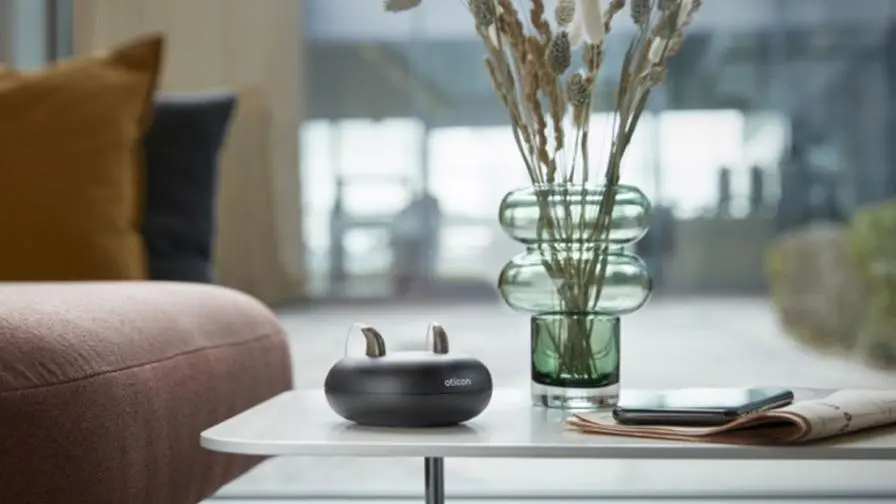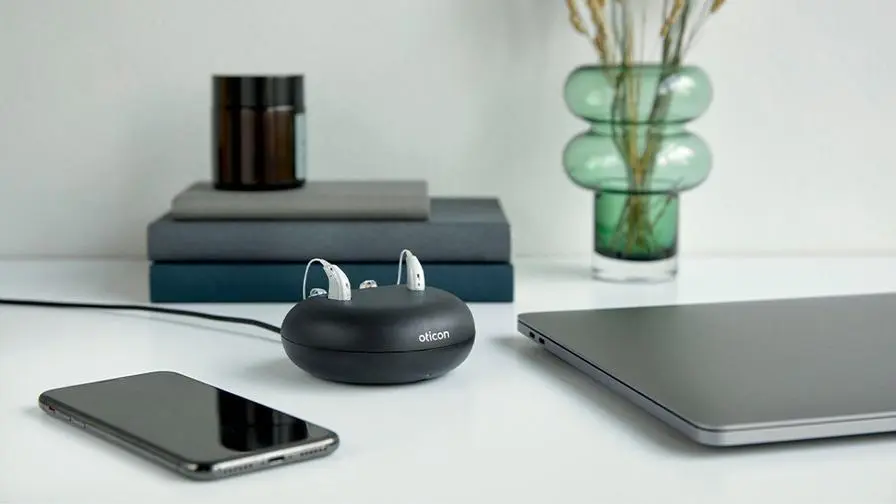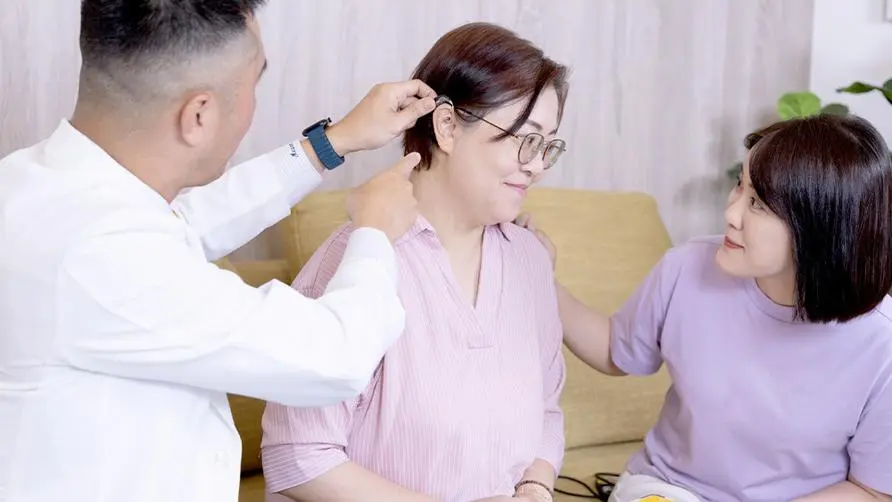Are hearing aids too expensive to fit in your ears? Audiologists promote "subscription system": more than 1,000 hearing-impaired people benefit

Are the consequences of ignoring hearing problems disastrous? Risk of dementia may increase fivefold
According to a large number of observations, the main factors that currently prevent people with hearing loss from hearing aid correction include economic considerations, misunderstandings about hearing aids, or psychological factors such as focusing on appearance. A pair of hearing aids usually costs tens of thousands to hundreds of thousands of NT dollars, especially advanced smart hearing aids with artificial intelligence sound processing and analysis capabilities. Even though they have a high degree of listening comfort, they are priced out of reach.
Hearing loss does not cause redness, swelling, heat, or pain, so it is often ignored. However, the difficulty in hearing what people around you say often leads to social withdrawal, low mood, and even depression. If left uncorrected for a long time, it will accelerate brain atrophy and other pathological changes in the brain. According to research by Professor Frank Lin and his team at the Johns Hopkins University Center for Cochlear and Public Health, mild hearing loss doubles the risk of dementia, moderate loss triples the risk, and severe hearing loss triples the risk. People are five times more likely to develop dementia.
Are hearing aids also riding on the “subscription” craze? Help patients easily acquire high-priced hearing aids
In order to lower the threshold for hearing aid selection and allow early intervention in hearing loss correction, Colin Hearing Aid continues to promote a hearing aid subscription system at nearly 100 directly operated selection centers across Taiwan. Not only is there no binding, you can subscribe for as long as you want, and you don’t have to worry about maintenance or additional expenses such as hearing aid batteries and consumables during use. If there is a fault or loss, you can apply for a replacement for continued use. All hearing aid subscription users can easily enjoy high-quality hearing care. It has been implemented for more than two years and has been well received by more than a thousand customers.
Now, the hearing aid subscription system 2.0 has evolved further, not only including the first rechargeable AI hearing aid with built-in deep neural network (DNN), but also adding that after 36 subscriptions (months), you can own the hearing aid without paying a subscription fee. , this move is not only equivalent to providing hearing aids with 36 installments, interest-free and fee-free, but the total subscription fee is only equivalent to 60% of the hearing aid price. Once this project is launched, it will surely once again arouse heated discussion and amazing attention in the market.
Senior audiologist Cai Yanxin emphasized that wearing hearing aids requires an adaptation period. If you choose a hearing aid that is not suitable for you, buy it and then not wear it, not only will your hearing not be corrected, but you will also waste money. The subscription model can provide wearers with peace of mind, flexibility, and burden-reducing options, while still enjoying professional and high-quality after-sales service. It is perfect for hearing-impaired people who are choosing hearing aids for the first time or people who have never been able to choose a satisfactory hearing aid. Best choice. For details on Subscription System 2.0, please visit https://event1.ear.com.tw , or call the dedicated hotline 0800551188.





